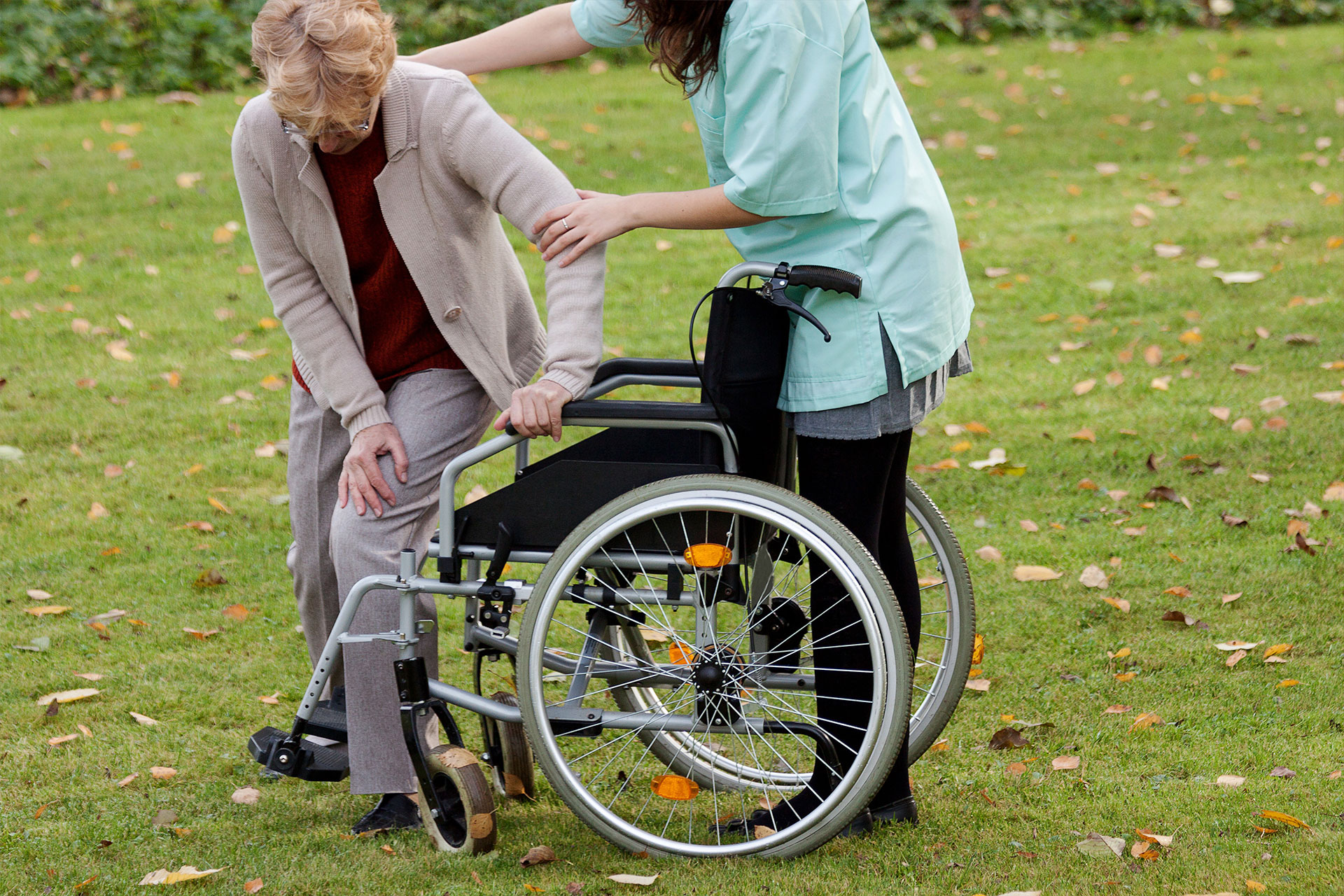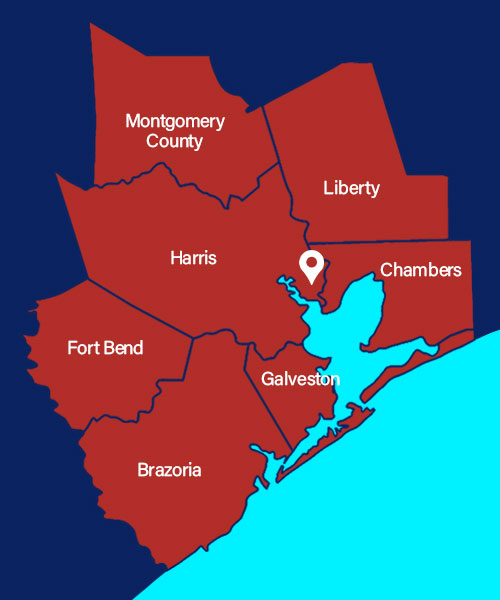As May dawns upon us, it brings with it more than just the warmth of spring: the observance of National ALS Awareness Month. This month, dedicated to raising awareness about Amyotrophic Lateral Sclerosis (ALS), provides a significant platform to enlighten our communities about this debilitating disease, its signs, symptoms, outcomes, treatments, and the ongoing efforts to find a cure.
Understanding ALS
Amyotrophic Lateral Sclerosis, usually known as Lou Gehrig’s disease, or just ALS, is a progressive neurodegenerative disorder that attacks the brain and spinal cord’s nerve cells. These neurons control voluntary muscle movement. As ALS progresses, it leads to the degeneration and death of these motor neurons, resulting in muscle weakness, paralysis, and, ultimately, respiratory failure.
Signs and Symptoms
The onset of ALS can be subtle, with initial symptoms often including muscle weakness, twitching, or stiffness. Patients may experience difficulty speaking, walking, swallowing, and breathing as the disease progresses. ALS does not typically affect cognitive function, allowing individuals to remain mentally sharp despite physical decline.

Diagnosis and Treatment
It can be extremely challenging to diagnose ALS, as there is no single test to confirm the presence of the disease. Doctors often rely on neurological examinations, clinical symptoms, and other tests such as electromyography (EMG) and nerve conduction studies.
While there is currently no cure for ALS, some treatments are available to manage symptoms and improve quality of life. These may include medications to alleviate muscle cramps and stiffness, physical therapy to maintain mobility and range of motion, and speech therapy to address communication difficulties. Wheelchairs, ventilators, and other assistive devices, including communication assistants, may also be recommended as the disease progresses.
Outcomes
ALS is a progressive disease, meaning symptoms worsen over time. The rate of progression varies among individuals, with some experiencing rapid decline while others have a slower progression. Unfortunately, ALS ultimately leads to respiratory failure, typically within three to five years of diagnosis. However, there are exceptions, with some patients living much longer with the disease.
Interesting Facts About ALS

National ALS Awareness Month
The observance of National ALS Awareness Month dates back to 1992 when the ALS Association designated May as a chance to promote learning about the disease and support those affected by it. Since then, individuals, organizations, and communities across the country have joined forces to educate the public about ALS, advocate for research funding, and provide support to patients and their families.
There are many ways to get involved and show support during National ALS Awareness Month:
National ALS Awareness Month allows us all to spotlight ALS, raise funds for research, and support individuals and families affected by this devastating disease. By coming together as a community, we can work towards a future free of ALS and provide hope to those living with the disease today.
Call Signature 24/7 at 800-277-8291 for excellence in skilled and compassionate home health care.

Your Complete Home Health Care Solution!
ALWAYS ON CALL
| Monday – Sunday | 24 / 7 |
1 (800) 277-8291 (option 1)
COUNTIES SERVED
OUR VALUES
TESTIMONIALS

I love all of my home health people.

All Signature staff as well as therapy were very helpful.

Their services have always been great.

I really love my physical therapist. Gary has helped me so much.

This has been one of the best agencies. Very caring nurses.

I’ve had a really good physical therapist and really nice nurses.

I have had excellent care & would recommended them to anyone.

Gary Dixon is the very best physical therapist in Baytown and Houston Area.

